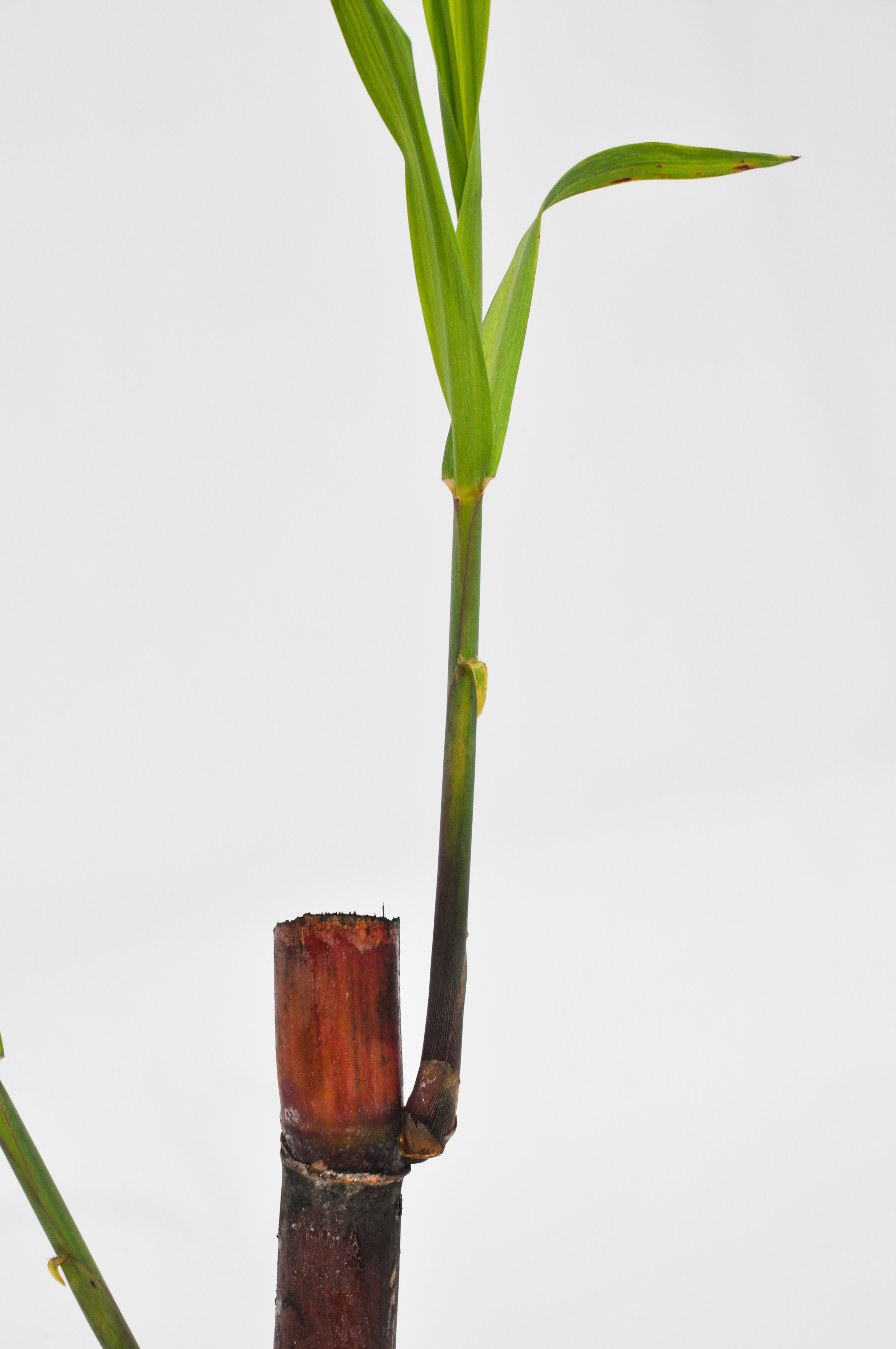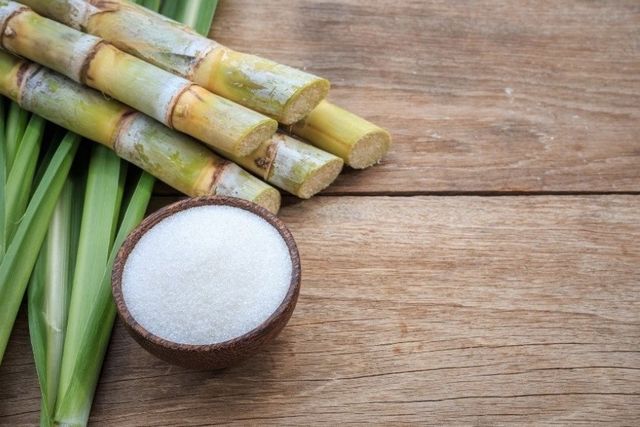Sugar and Cane: Exploring Their Role in Traditional and Modern Cuisine
Sugar and Cane: Exploring Their Role in Traditional and Modern Cuisine
Blog Article
Why Cane Sugar Processing Chemicals Are Important for Modern Sugar Refining
The role of walking cane sugar handling chemicals in contemporary sugar refining can not be overstated, as they are integral to enhancing both the efficiency of removal and the overall top quality of the last product. Agents such as phosphoric acid and particular flocculants are employed to eliminate pollutants, resulting in sugar that not just fulfills consumer expectations but additionally sticks to sector requirements.
Role of Processing Chemicals
The effectiveness of cane sugar handling pivots substantially on the strategic application of processing chemicals. These chemicals play a critical role in improving the performance and high quality of sugar extraction and refining. From the initial stages of juice extraction to the final purification steps, processing chemicals promote various crucial procedures.
In the removal stage, chemicals such as phosphoric acid and calcium hydroxide are used to maximize the explanation procedure, aiding to remove contaminations and suspended solids from the cane juice. This not only improves the yield yet additionally makes certain the clearness of the end product. In addition, agents like flocculants help in the quick settling of impurities, consequently improving the overall procedure.
As the handling developments, chemicals are used in decolorization and condensation stages. Triggered carbon and ion exchange materials serve to remove color and odor, guaranteeing that the polished sugar fulfills customer top quality requirements. Eventually, the role of processing chemicals expands past functional performance; they substantially impact the sensory features of the last item, adding to market competition. Hence, the precise selection and application of these chemicals are vital for attaining optimum outcomes in cane sugar handling.
Secret Kinds of Chemicals
Cane sugar processing counts on a variety of key chemicals that facilitate each phase of manufacturing. These chemicals play vital functions in clarifying, bleaching, and cleansing the sugar removed from cane.
One main category of chemicals consists of flocculants, such as polyacrylamide, which help in the explanation procedure by advertising the aggregation and settling of impurities. In addition, calcium hydroxide is usually used to neutralize acidity and aid in the removal of non-sugar parts.
Bleaching representatives, such as triggered carbon and sulfur dioxide, are made use of to decolorize the syrup, leading to a clearer end product. These chemicals assist eliminate shade substances that may influence the sugar's appearance and marketability.
Furthermore, phosphoric acid works as a pH regulator throughout the handling stages, guaranteeing optimal problems for the chemical activities associated with sugar removal and purification.
Other important representatives include edta (ethylenediaminetetraacetic acid), which chelates steel ions that might militarize unwanted reactions, and sodium hydroxide, which assists in pH control throughout the refining process. Collectively, these chemicals improve performance and guarantee a top notch cane sugar item.
Advantages for Sugar Top Quality
Usually forgotten, using particular handling chemicals substantially improves the general high quality of walking cane sugar. These chemicals play a crucial function in refining processes, making certain that the end product meets strict sector standards for pureness and preference.

In addition, processing chemicals assist in attaining a constant granulation and texture, which are essential for customer approval. By managing the crystallization process, these chemicals make sure that the sugar crystals develop evenly, leading to a more appealing product that dissolves well in numerous applications.
Additionally, the use of these chemicals can boost the shelf life of cane sugar by reducing wetness absorption and microbial growth. On the whole, the critical application of processing chemicals is necessary for supplying top quality walking cane sugar that fulfills consumer expectations and industry needs.
Ecological Influence Considerations

Additionally, the energy-intensive nature of sugar refining, worsened by chemical usage, usually results in enhanced carbon exhausts. This adds to environment adjustment and raises issues pertaining to the sustainability of present refining methods. In addition, the sourcing of these chemicals may include techniques that threaten biodiversity, such as monoculture farming, which decreases the strength of farming environments.

To reduce these impacts, sugar refiners are increasingly checking out sustainable choices and taking on finest techniques that reduce chemical usage. Carrying out extensive ecological management systems can assist ensure that the refining procedure aligns with environmental requirements and advertises biodiversity. Eventually, a well balanced method that focuses on both sugar quality and environmental stewardship is important for the long-lasting stability of the sugar sector.
Future Patterns in Refining
As the sugar market grapples with the environmental challenges related to standard refining techniques, ingenious methods are emerging to improve both effectiveness and sustainability. One substantial his explanation pattern is the fostering of green chemistry concepts, which focus on the usage of safe, naturally degradable handling chemicals. This change not just decreases environmental influence yet likewise addresses customer demand for cleaner production techniques.
An additional promising advancement is the implementation of advanced filtration modern technologies, such as membrane separation and adsorption processes. These strategies enhance the clearness and quality of the sugar while decreasing the volume of wastewater created during refining. Furthermore, the assimilation of digital modern technologies, consisting of IoT and AI, is changing functional effectiveness by enabling real-time surveillance and anticipating upkeep, thus decreasing resource waste.
Additionally, the use of byproducts from sugar refining, such as bagasse and molasses, is acquiring traction. These materials can be transformed into biofuels or value-added items, adding to a circular economy within the sector. Collectively, these fads signify a shift in the direction of even more sustainable techniques that not just enhance functional effectiveness yet likewise line up with global sustainability goals, making certain the future viability of sugar refining.
Final Thought
Walking cane sugar processing chemicals are necessary in contemporary sugar refining, my company substantially enhancing the efficiency and quality of sugar removal. The critical use of these chemicals not just enhances the pureness and taste of the end product yet additionally guarantees consistent formation and texture. As the sector progressively prioritizes sustainability, the fostering of environmentally-friendly handling agents is most likely to form future trends in refining, ultimately leading to better items and prolonged life span for customers.

Ultimately, a balanced method that prioritizes both sugar top quality and environmental stewardship is essential for the lasting practicality of the sugar industry.
Walking stick sugar handling chemicals are important in contemporary sugar refining, dramatically improving the efficiency and top quality of sugar extraction.
Report this page